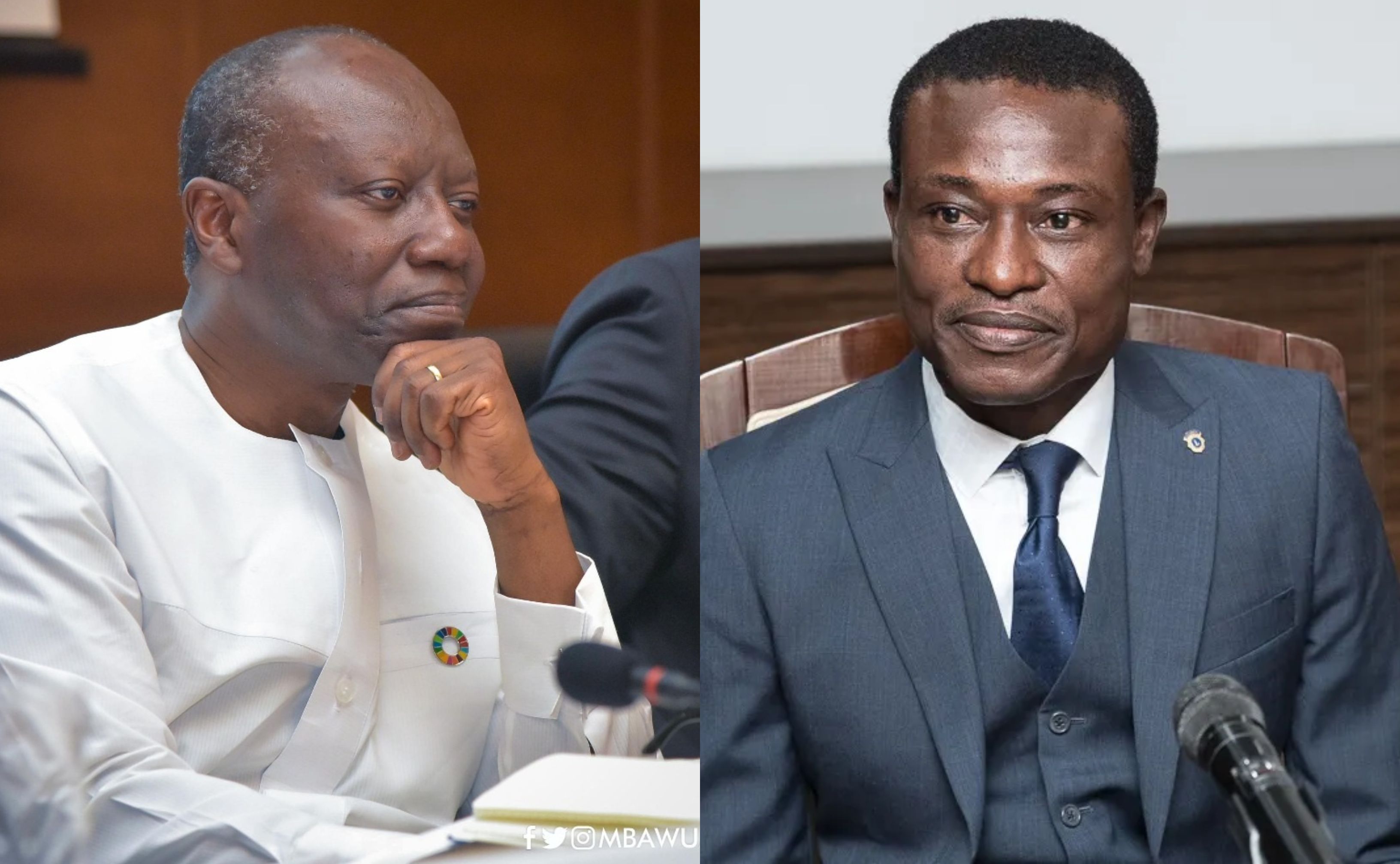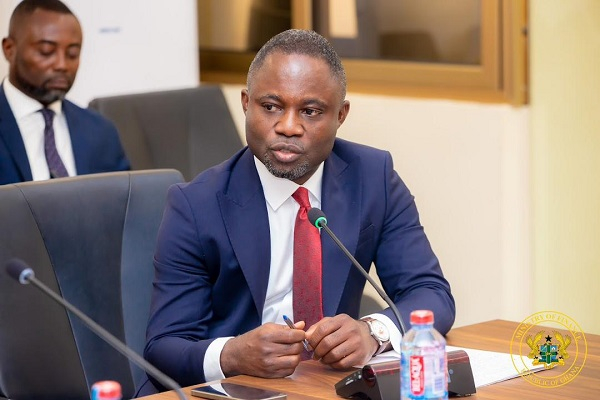President Tinubu's Public Affairs Aide Resigns, Alleges One-Party State Plot

Alhaji Aliyu Audu, Senior Special Assistant to President Bola Ahmed Tinubu on Public Affairs, has resigned from his position. His resignation letter, dated June 8, 2025, was addressed to the President through the Chief of Staff, Femi Gbajabiamila, and took immediate effect. Audu is the second presidential aide to step down from the current administration this year.
Prior to Audu's departure, Dr. Hakeem Baba-Ahmed resigned from his position as Special Adviser on Political Matters in the office of the Vice President in April.
In his resignation letter and subsequent statements to Daily Trust, Audu cited growing discomfort with the administration’s political direction and a perceived effort to stifle opposition as primary reasons for his decision. He expressed significant concern over what he described as “an emerging attempt to turn Nigeria into a one-party state.”
Audu highlighted that the alliance between President Tinubu and the Federal Capital Territory Minister, Nyesom Wike, contradicted his ideals as a progressive and promoter of democratic values. He clarified that while he was not defecting to the opposition Peoples Democratic Party (PDP), the political posture of the current administration was not conducive for democracy to thrive, lamenting what he described as troubling political realignments and decisions aimed at consolidating power within a single dominant party.
While commending President Tinubu’s economic reforms and stating his continued support for the government on the economic front, Audu emphasized that his resignation was driven purely by political and democratic concerns. "My resignation is not an act of rebellion but of conscience," he stated, adding it was a necessary step driven by a sense of duty and moral responsibility.
Audu elaborated on his refusal to be an instrument in reducing Nigeria to a one-party state, calling it a "betrayal of both divine favour and democratic principle." He asserted, "True democracy thrives on healthy competition, not political domination," and "Suppressing alternative voices is not leadership—it is regression." He warned that Nigeria’s history had repeatedly shown the dangers of narrowing its political space and insisted that current trends must be reversed for democracy to thrive. He called for a Nigeria where strength lies in the maturity to compete with ideas, vision, and integrity, even from outside the corridors of power.
In his letter, Audu thanked President Tinubu for the opportunity to serve under his "visionary leadership" and expressed gratitude to former presidential spokesman Ajuri Ngelale, whose recommendation led to his appointment. He concluded by offering prayers for the President’s success and the nation’s progress.
It is noteworthy that Dr. Hakeem Baba-Ahmed, who resigned earlier, had cited concerns about the administration’s commitment to tackling Nigeria’s most urgent challenges, such as widespread poverty and persistent insecurity. In a television interview following his resignation, Baba-Ahmed stated that the Tinubu administration lacked the political will and moral credibility to deliver meaningful change, and his resignation was to maintain personal integrity and speak honestly about governance challenges.
Political analyst Dr. Abubakar Kari described Audu's resignation as a "significant moral blow to the presidency." He found the resignation "refreshing," noting it demonstrates that some public officials in Nigeria are still driven by principles, even when it means stepping away from power, because they found the operating environment inconsistent with their beliefs.
Dr. Kari emphasized that such actions challenge the widespread notion that Nigerian politics lacks moral conviction. "This goes against the grain that Nigerian politics is completely bereft of principle,” he said. “It means that not everybody is willing to stay in an environment that violates their convictions.”
However, Kari warned that Audu’s resignation carries negative implications for the presidency. “It’s a blow to the presidency, anyway... anytime any organization or unit of government loses an official, it’s a moral blow,” he stressed. He argued that resignations based on principle are damaging to the image of any government, particularly one claiming to be inclusive. "From the point of view of propaganda, such things are not good for the presidency especially if people are resigning because they don’t believe in what is going on. It’s a dent on a government that has been projecting itself as inclusive, where people are supposedly joining in and not pulling out."










